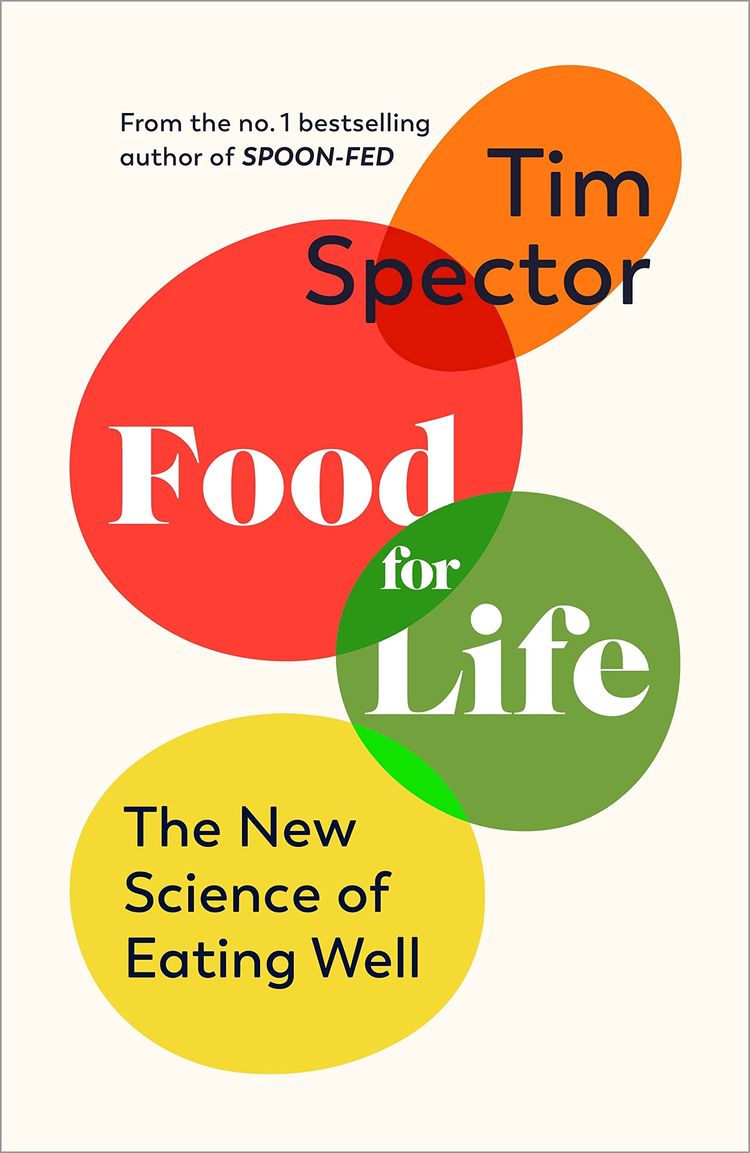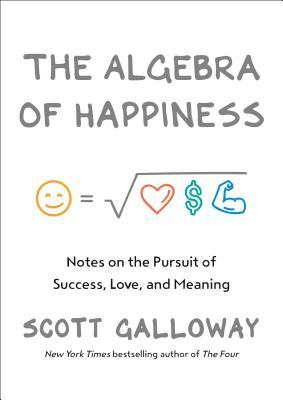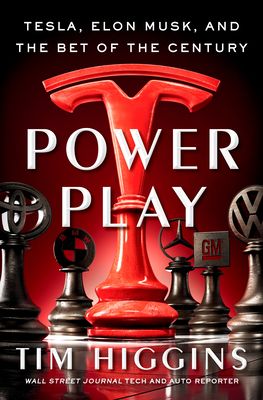The Checklist Manifesto by Atul Gawande
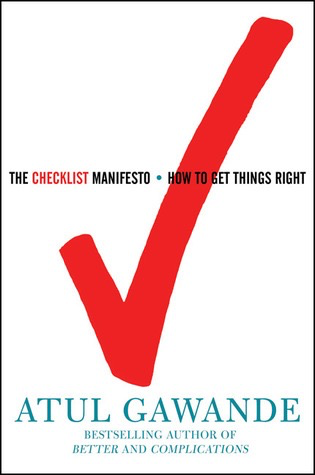
My Rating of “The Checklist Manifesto” by Abul Gawande: 6 / 10
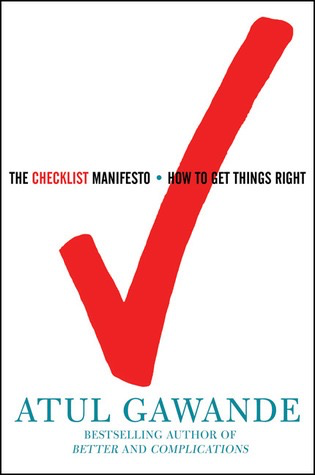
The Checklist Manifesto has been on my “to read” bookshelf for far too long. It was recommended to me when it first came out and it has taken me over a decade to pick it up. Perhaps that may be why after reading this book, I felt it hasn’t had that much of an impact on me.
The premise of The Checklist Manifesto is to provide amble evidence on the theory that inclusion of checklists will significantly minimise the possibility of mistakes/failures in a process. Gawande, as a surgeon, uses the medical industry as his testing ground by taking the reader through his journey on establishing checklist methodologies when triaging a patient, preparing for surgery and during the recovery periods. He points to many examples, stories and statistics where introducing checklists has clearly shown a reduction in deaths and complications from the major task.
I’m a huge believer in the checklist and use them on a daily basis. Whether it is my morning routine, tasks I complete when planning travel or closing out my day I am never far away from a list of items I tick off ensuring no misses. I believe checklists are a right of entry into our fast paced, multi-tasking world where the art of deliberate practice is severely lacking.
The Checklist Manifesto is more a book for those who are not using a checklist nor believe in the art. For me, it wasn’t the mind blowing book it could have been when it was originally published. I should have known better, however it may be worthwhile for you.
Three key takeaways from the book:
- Checklists are precise. They won’t tell you how to do your job or the task at hand but should call out the critical steps that can sometimes be missed.
- A checklist cannot be lengthy. It should be approximately 5 – 9 items; similar to how many items we can hold in our brains at one time.
- Think about the difference between the “Read and do” checklist versus the “Do Confirm” type of checklist. Each has an applicability in respective environments. Gawande uses the example of the medical industry where the “Do / Confirm” is better to use.
